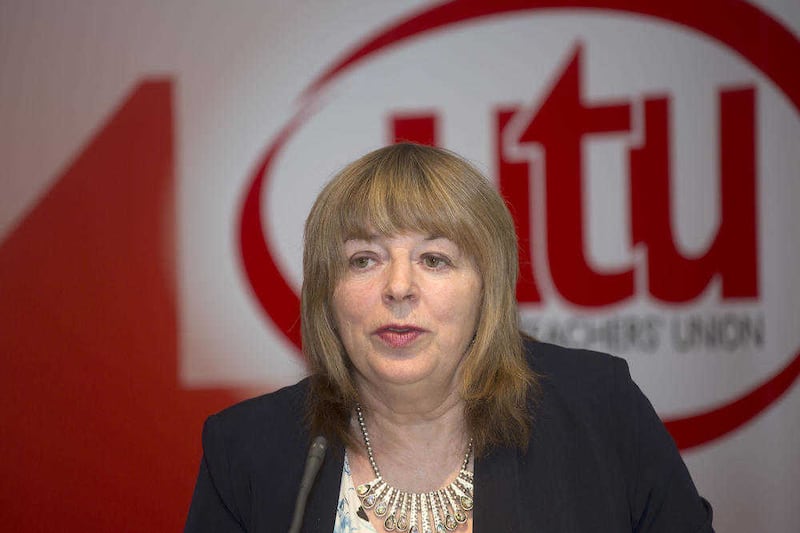A leaked letter has revealed concerns about the "significant impact" of Brexit on vulnerable children requiring cross-border care by Northern Ireland social workers.
The Irish News has seen correspondence from a senior health trust director warning of consequences for at-risk young people due to legal requirements for 'dual registration' of staff involved in all-island services, with the process to be completed by March 31.
While more than 100 doctors and nurses based in the north are now registered to work in the Republic and the UK, a major gap has been identified for social workers who transfer children to a care placement in the south.
Some of these placements may be with relatives or emergency foster families, with social workers based in border cities including Newry and Derry more likely to have such cases on their books.
By law, young people deemed at serious risk of abuse or neglect - known as 'Looked After Children' (LAC) - and who are moved by social services to the Republic must receive a minimum monthly visit from their social worker.
"Urgent clarity" is now being sought from the Department of Health by a group of health and social care professionals who make up a new taskforce created to address Brexit-related dual registration concerns.
Their letter, written by an assistant HR director at the Western trust appointed to chair the group, warns that unless discussions between department chiefs and north/south social work regulators "progress positively at pace", there will be "a significant impact on service delivery".
"This particularly affects our community social work teams who cross the border in the conduct of their work. Again, where dual registration is required, the timeframe of 31 March is not achievable," the correspondence states.
"In terms of our Children and Young Peoples’ Services, an inability to conduct our work across the border could have serious implications for the delivery of our statutory obligations, for example the requirement to undertake monthly statutory social work visits to Looked After Children. In the short to medium term this will disadvantage our children, young people and carers and potentially leave placements vulnerable."
One social worker source said all trusts, and in particular the Southern and Western trusts, will have vulnerable children who have relatives or 'kinship carers' in the south, from Dundalk to Donegal - and warned of the fall-out of Brexit red tape.
"We will have no legal powers to act in the Republic unless we are dual registered. We have to act in accordance with law if we are to transfer kids in an emergency situation," she said.
"Sometimes the police can transport children at risk and you would arrange for the PSNI to meet gardaí. But very often it is the social worker who makes contact with the nearest kinship carer or a foster carer and arranges a placement for the next few days.
"Prior to Brexit we would have the powers to do that. It could be a crisis situation where there is domestic violence or it could simply be the case that a parent has had an accident.
"Some of these children are very traumatised and it is important they have that continuity of care with the social worker."
In February, all five health trusts were advised by the Department of Health that they must undertake "urgent action" to complete the dual registration process by March 31 for all professional staff involved in cross-border and all-island services.
The registration bill is footed by the employer, which is around £400 for a nurse and almost £600 for a doctor.
The taskforce letter also states that it will be "impossible" to register the north's midwives by March 31 - many accompany women to Republic in emergencies when the north runs short of neo-natal cots - but notes that staff who have "engaged in registration process" will be unaffected.
The Royal College of Nursing (RCN) has also sought "urgent clarity" from the department on the issue.
A spokesman for the Department of Health last night said the Social Care Council and it "are in close contact with counterpart organisations in the Republic of Ireland".
"This includes plans around more immediate and temporary arrangements that can be put in place that ensures the safeguarding and protection of service users and their families and the delivery of essential social services.
"This will allow time for options to be more fully identified, discussed and agreement sought that are to the satisfaction of all concerned, and compliance with the legislative framework to be put in place for the medium and longer term.
"In the interim a small number of social workers will apply for dual registration."








